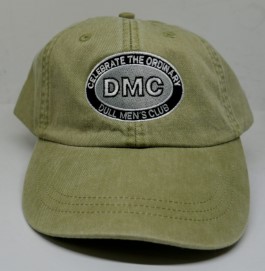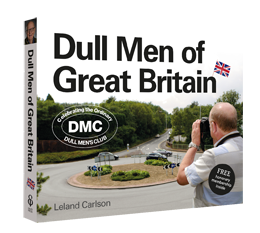DMC Event of the Month — Composting
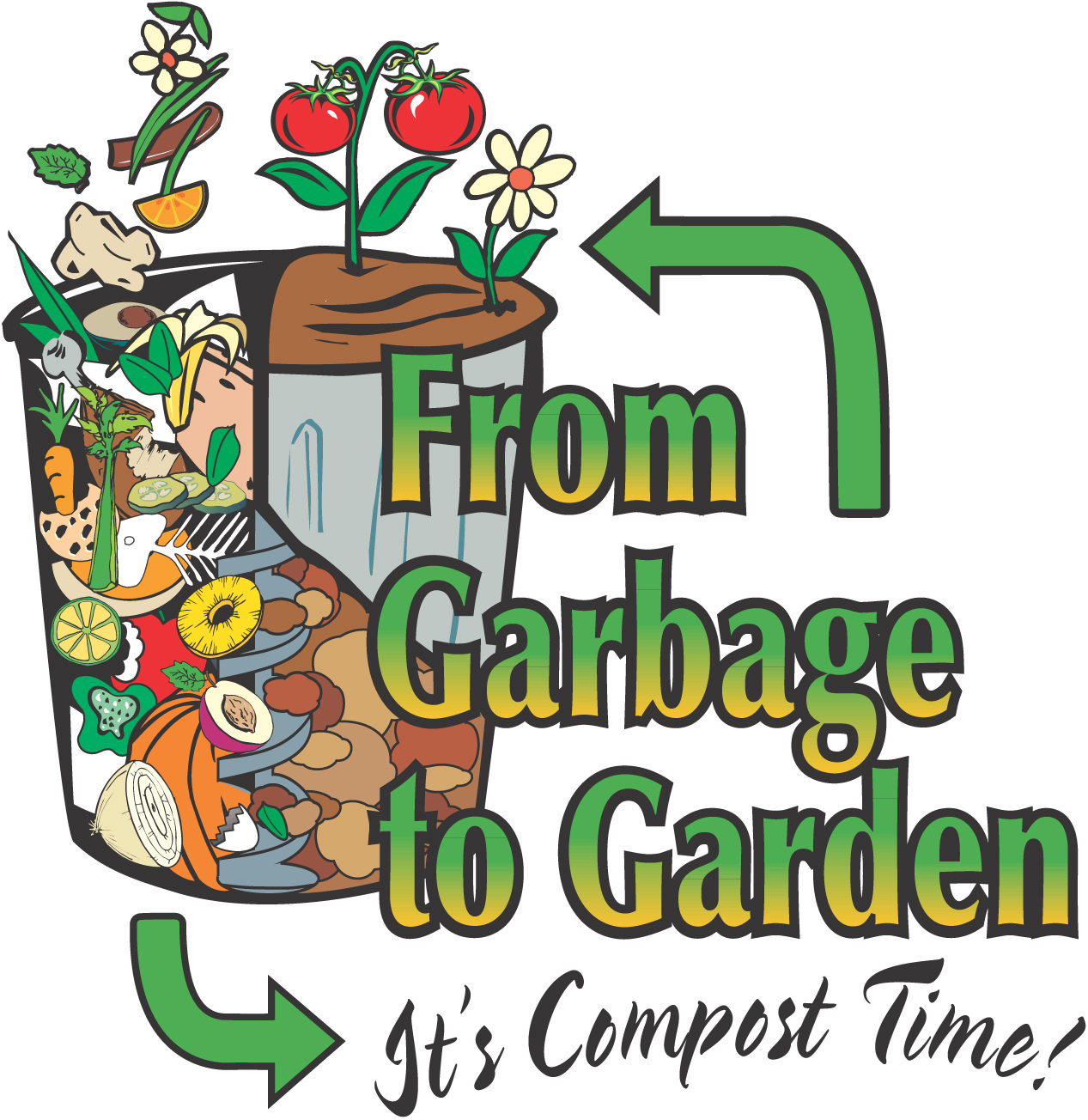
History of Compost
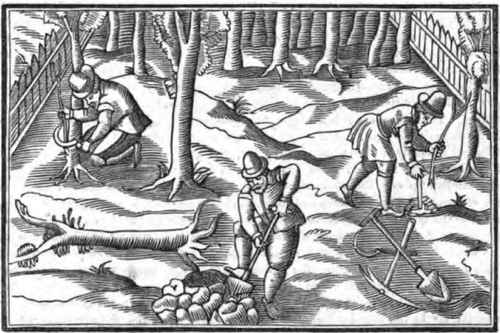
Compost has a long history:
- Prehistoric farmers found that mixing manure from their animals with straw and crop residues would change into a fertile soil-like material that was good for their crops.
- Addadians were composting in Mesopotamia in 2100 BC.
- Old Testament and ancient Chinese and Hindu writings mention composting.
- Ancient Greeks practiced composting.
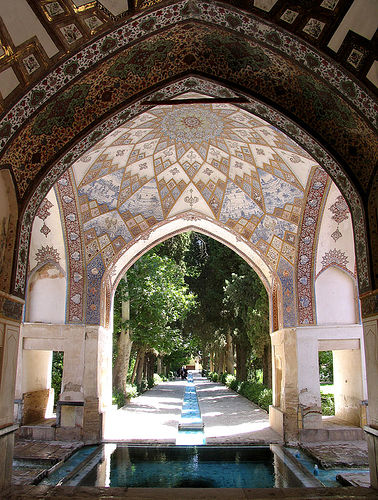
- Marcus Porcius Cato (234-149 BC) wrote about composting in his book De Agri Culture (Concerning the Culture of the Fields).
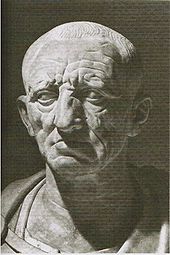
- Modern composting began in India. Sir Albert Howard, an English botanist and pioneer in organic farming, was working at Indore, India as an agricultural advisor. He developed the Indore Method that consisted of three parts garden clippings to one part manure or kitchen waste.

- J.I. Rodale, founder of Organic Gardening magazine, picked up on Howard’s work. Howard and Rodale made composting popular with gardeners who prefer not to use synthetic fertilizers.
Why use compost — “Black Gold”?
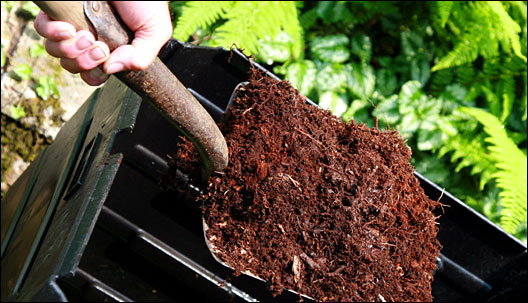
Because it improves the soil:
- The soil warms up faster in the spring.
- Nutrients are added to the soil.
- Soil structure becomes more granular. Oxygen is retained among the granules.
- Compost holds moisture. Rain soaks into it easily. Soil erosion is prevented when rain soaks into the soil instead of running across the soil.




